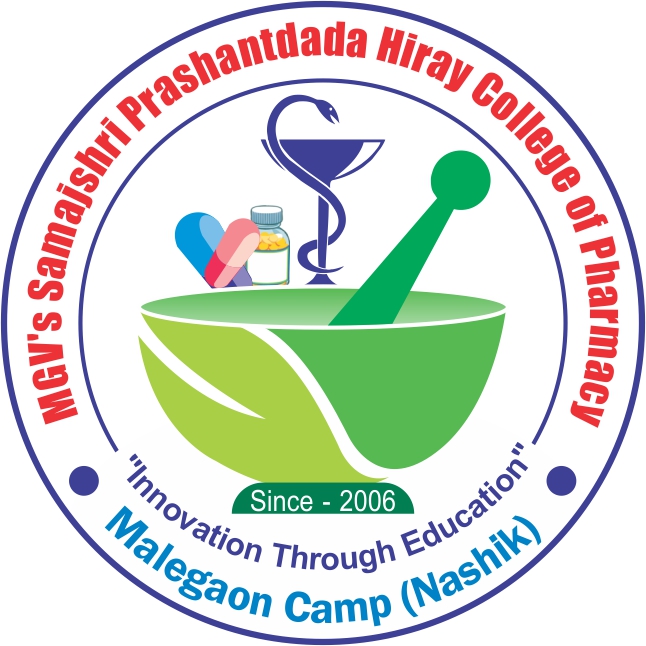Best Practices
Title of the Practice
Optimization of chemical pollution in laboratories by adopting micro scale approach in routine practical
Objectives
- To sensitize the students during daily experimental work
- To practice micro scale experiments to achieve goals.
- Demo practical by using optimum quantities of chemicals.
- The use of a reduced quantity of chemicals minimizes the intensity of accidents, if so.
The Context
The role of higher educational institutions in relation to environmental sustainability is more prevalent. In this context, it becomes imperative to adopt the system of the minimum use of chemicals and reduce the chemical waste for the Institutes which will lead to achieve green chemistry. Besides, it also reduces a sizable amount of atmospheric contamination. We all have a part to play. Small actions, taken collectively, can add up to healthy change.
The Practice:
The purpose of practical is to learn, understand and practice the handling of the chemicals, glasswares. The resultant product is collected and disposed of as chemical waste. The glassware size used is in proportion to material used. In the traditional approach, the quantities of chemicals used were on the order of 5–100 grams, and glassware was designed to contain up to 500 mL of liquid. In said practice the reagents are used 1-1000 mg and glasswares up to 25-50 mL. The students and supporting staff are made aware of importance of micro scale approach in laboratories and positive impact on environment pollution. The slogans regarding the chemical hazards safety in laboratory displayed at prominent places. It is the routine practice which is to be followed by every student has to go through the material safety data sheet of chemical before start of excercise. The demo of handling the micro scale glassware and digital balance is given
time to time. The power point presentation competitions are organized regarding safety in labs. There are periodic meetings of EHS committee and recommendations are implemented.
Evidence of Success
The advantages include improved safety in the laboratory, reduced risk of fire and explosion, and reduced exposure to hazardous vapors. This approach minimizes the need for hazardous waste disposal, leading to reduced contamination of the soil and water. One of the principles of green chemistry, it is better to prevent waste than to treat or clean up waste after it is formed. The micro scale approach is especially attractive for minimizing the cost of purchasing and disposing of chemicals. The specialized glassware and other apparatus required for performing experiments on such small scales is now readily available.
Problem Encountered and Resources required
Initially, it becomes difficult to convince the students and supporting staff about micro scale approach. There was fear to handle the glassware and to change the habit of rough and tough attitude. The students are devoid of required skill sets to handle the micro scale exercises still addition efforts are required to inculcate the same. The said problem will be minimized by practice.
Title of the Practice
Objective of the Practice
The Context
In an age of science and technology, research and innovation have unique significance. The innovation has become prerequisite criteria of the employment sectors. NEP 2020 also underlined the significance of research in education. The student at UG levels to explain them to concept of research all dept undertake research oriented activities so they can develop research aptitude among the students. The faculty is to be motivated by different means to patent filing.
The Practice
To develop critical and analytical thinking among the student, the faculty has taken an activity of research paper review. The students were given the research article after certain period of time they were asked to write a review of articles. Since the research article review is evaluative in nature and brings out the full meaning and significance of the given research work, it requires lot of efforts on the part of students.
The college having Research and Development Cell. This cell is a liaison between students and faculty members in order to help them for exploring their idea. Also organizes expert’s talk from industry to update their knowledge, IPR experts to provide knowledge to protect their ideas by patent. College provides support to student for their work by seed fund and expert guidance. Postgraduate and Ph.D. guides are encouraged to select research areas with the aim of intellectual property rights with special emphasis on patents.The college already implemented concept of practice school. All this is helpful for faculties and students to convert their ideas into reality. Since 2012, on an average seventy percent of students qualify CHEMIAD competitive examination conducted by our affiliated university.
Evidence of Success
The practice has its outcome as, two patents submitted, published and currently under examination.. One of the faculty awarded by Oka Research fellowship and. received young scientist award. First rank in Savitribai Phule Pune University level Abhikalp research innovation competition (2019-20). Two times winner in state level Innofest competition (2021- 22, 2022-23). Faculty College team selected for final round in I-2-E (Innovation to Entrepreneurship) competition organized by SPPU (Total participants -1500.) Two students selected for state level in Avishkar (Organized by SPPU, Pune and 2019-20).
Problem Encountered and Resources Required
It seems to be difficult to make the students think beyond the traditional syllabus and evaluation pattern. Qualifying the exam is with good marks is their priority. So, convincing students about good research and motivating them to innovation and research seems to be challenge. The professional students are preoccupied with many other college regular activities, The College is in semi urban area and only two industries are in the vicinity of college.
NOTES
The institute has appointed academic research coordinator.

